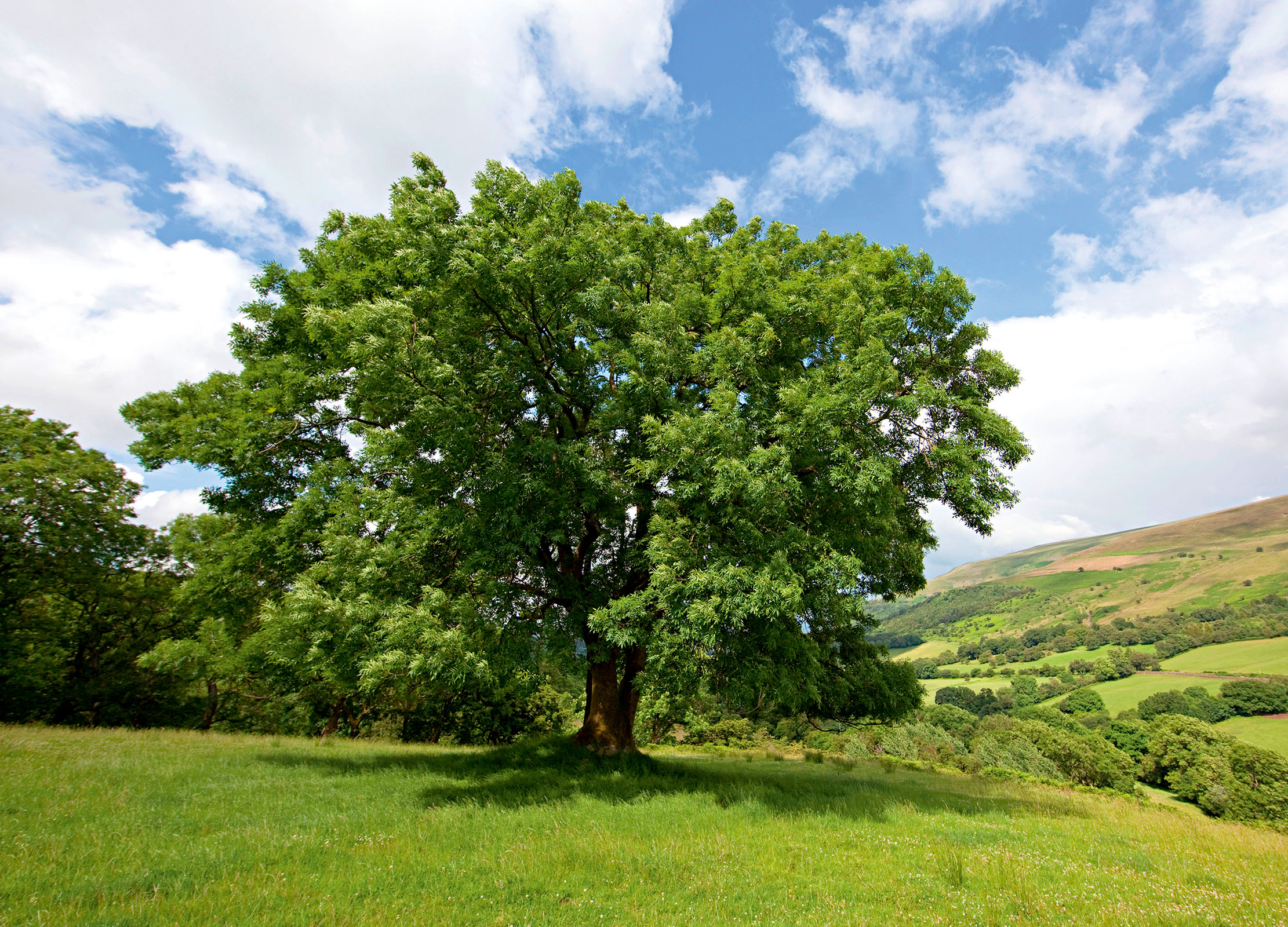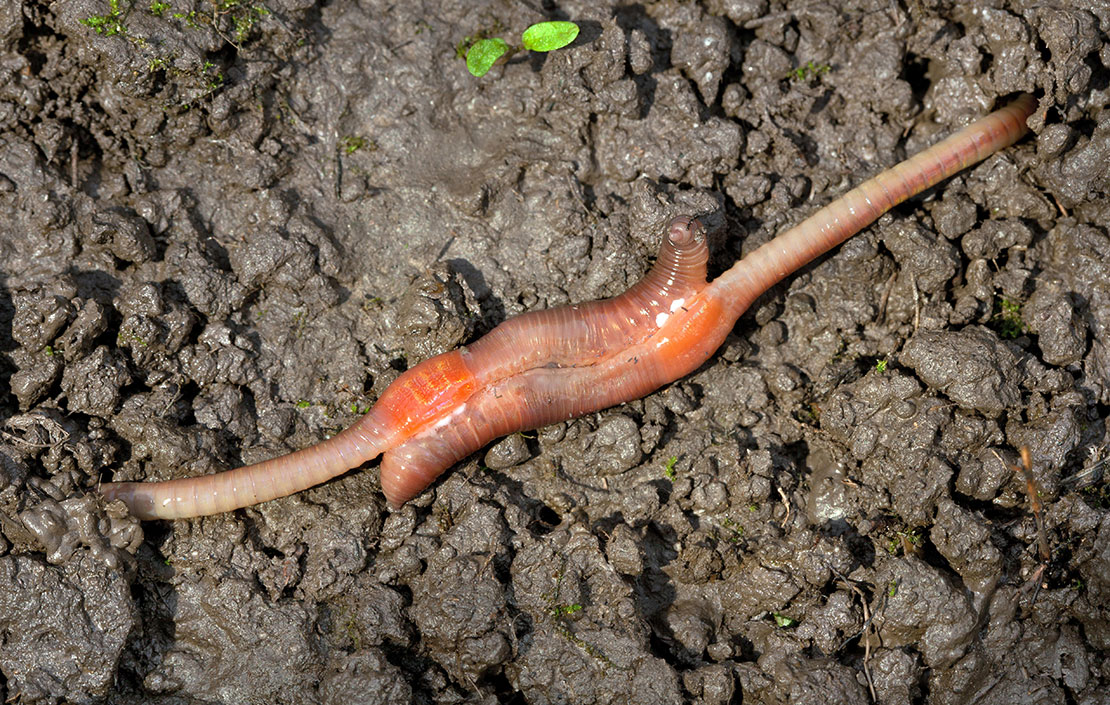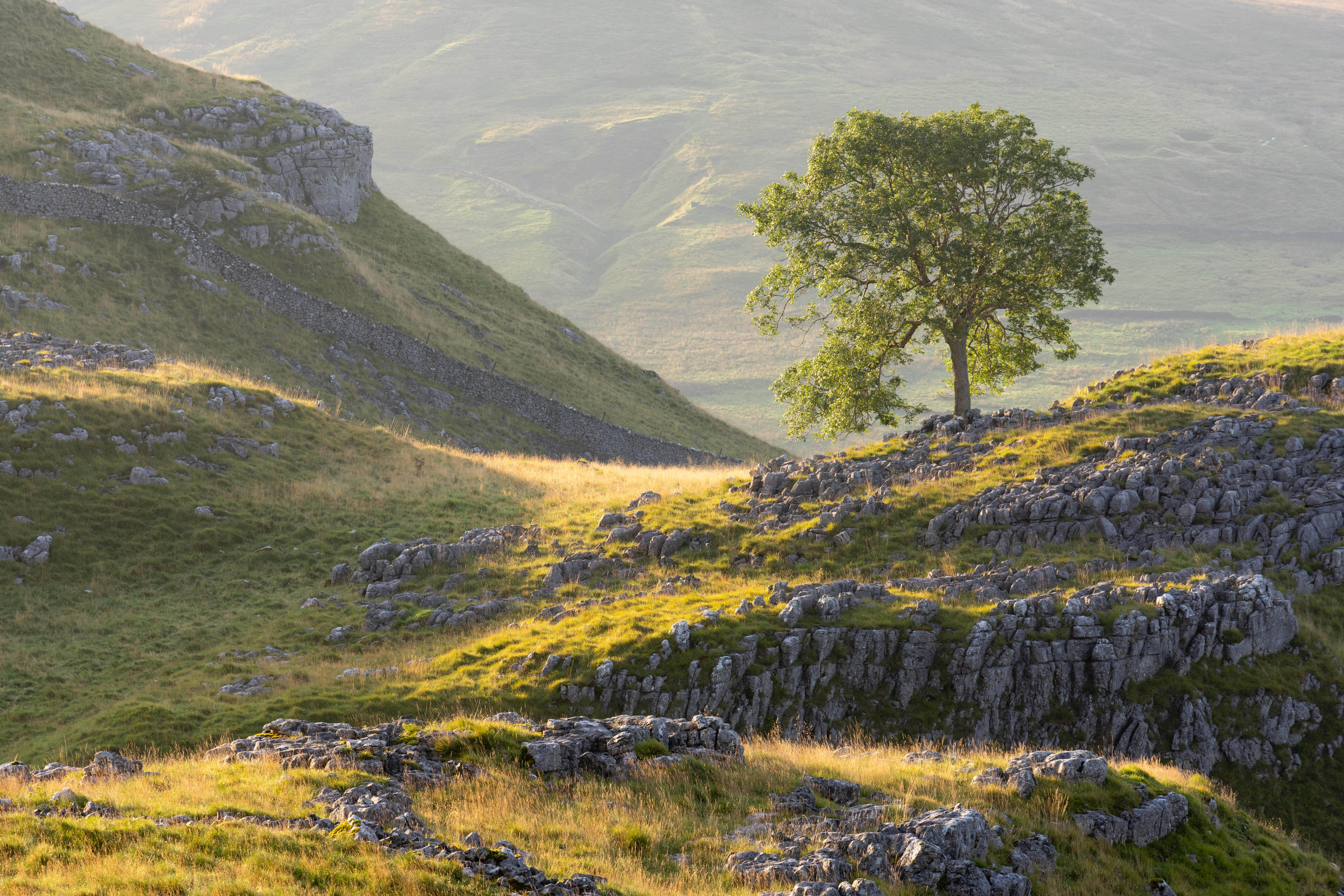United to save our plants — and stop another eco-tragedy like ash dieback disease
James Fisher reports on the latest efforts by Defra to help stop the spread of plant diseases in the UK.


A new biosecurity strategy was announced by Defra last week, in a bid to ‘protect native species and drive economic growth’. The plan, created in partnership with the Forestry Commission and the Scottish and Welsh Governments, sets out a five-year vision for plant health, with a focus on monitoring online retailers and social-media sites to prevent the importation and trade of high-risk plant products. The strategy sets out how more than 30 signatories, such as the NFU, the RHS and the Woodland Trust, will deliver ‘an ambitious programme of behavioural change across society through public engagement’.
The new scheme builds on the work of the previous biosecurity strategy, which was created in 2014 in response to the outbreak of ash dieback. ‘That strategy put in place lots of tools, approaches, processes, investment and capabilities that allowed us to respond much better to new and emerging threats,’ says Nicola Spence, the UK’s chief plant health officer. The new strategy will focus on three key areas, Dr Spence notes: focusing more resource towards online trading, developing a voluntary certification scheme and making the public aware of what biosecurity means and what people can do to help.
‘This new strategy builds on what we’ve developed and provides more focus on new and emerging trades, particularly through social media and online retail platforms,’ she says. ‘We’re enhancing and expanding the Animal and Plant Health Agency’s internet and trading unit so we can better respond to these new trades and pathways. We’re using new technologies and new systems — similar to what police use to track criminal behaviour — with people on the ground who can follow things up. We’re beefing all of that up.’
How to help in the fight against plant pests and diseases
DO know what you’re buying and where it’s from. Always buy from a reputable source.
DON’T bring things back from your travels. Even a little cutting or seed can threaten our plants and trees.
WHEN out and about, walking in woodlands, you could potentially be spreading things from your boots, buggies or bikes. Keep them clean.
Defra has also announced that, as part of the strategy, it will work with the UK Plant Health Alliance to develop a new ‘five-year roadmap’ for the Plant Healthy certification scheme. The certification, which is voluntary, will provide biosecurity certification to nurseries, businesses and charities operating in the horticulture sector. RHS Harlow Carr, North Yorkshire, has become the first public garden in England to be certified as Plant Healthy, it was revealed, in recognition of its work to prevent the introduction and spread of pests, diseases and invasive species, and promoting good plant health.
Exquisite houses, the beauty of Nature, and how to get the most from your life, straight to your inbox.
Dr Spence also identified climate change as ‘one of the major drivers’ of new and emerging threats. ‘We are seeing pests moving further north,’ she says. ‘We know the extent to which they might establish has changed... We’re seeing crops growing in new places and being susceptible to pests and diseases.’
As well as protecting our plants, the new strategy is vital for business and the economy, Defra says. It estimates that the annual value of horticulture is about £15.7 billion. It also points out that pests can be expensive, with the cost of the ongoing ash-dieback epidemic likely to cost some £15 billion alone.
‘This landmark strategy sets out how we will protect Britain’s plants, with the Government, industry and the public working together to tackle the risks posed by plant pests,’ adds Lord Benyon, minister for biosecurity. ‘[With] climate change, tackling these varied and mounting risks will be critical to maintaining our food security, as well as facilitating safe trade in challenging economic times.’

Jason Goodwin: On 1930s gardeners, the tragedy of tree diseases and the sexual habits of earthworms
Our columnist Jason Goodwin is handed a gem of the past, only for it to lead him to a dismal

Credit: Alamy Stock Photo
The Ash: Is this the last stand for one of Britain's great native trees?
Mark Griffiths celebrates the historic, handsome and irrepressible native ash.

James Fisher is the Digital Commissioning Editor of Country Life. He writes about motoring, travel and things that upset him. He lives in London. He wants to publish good stories, so you should email him.